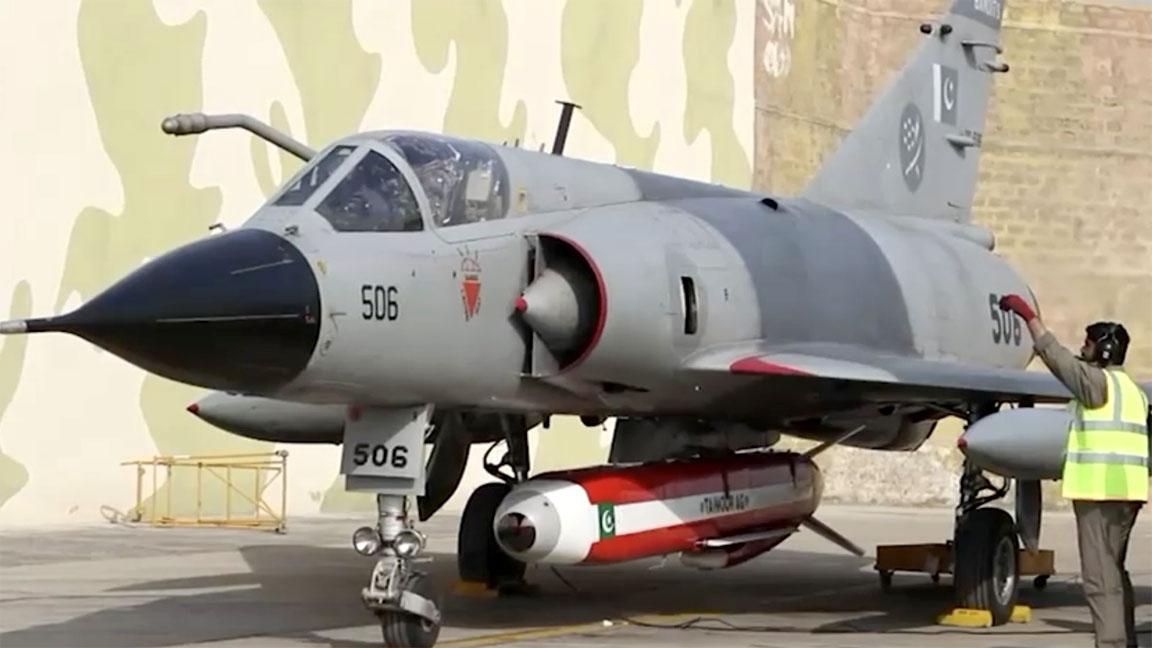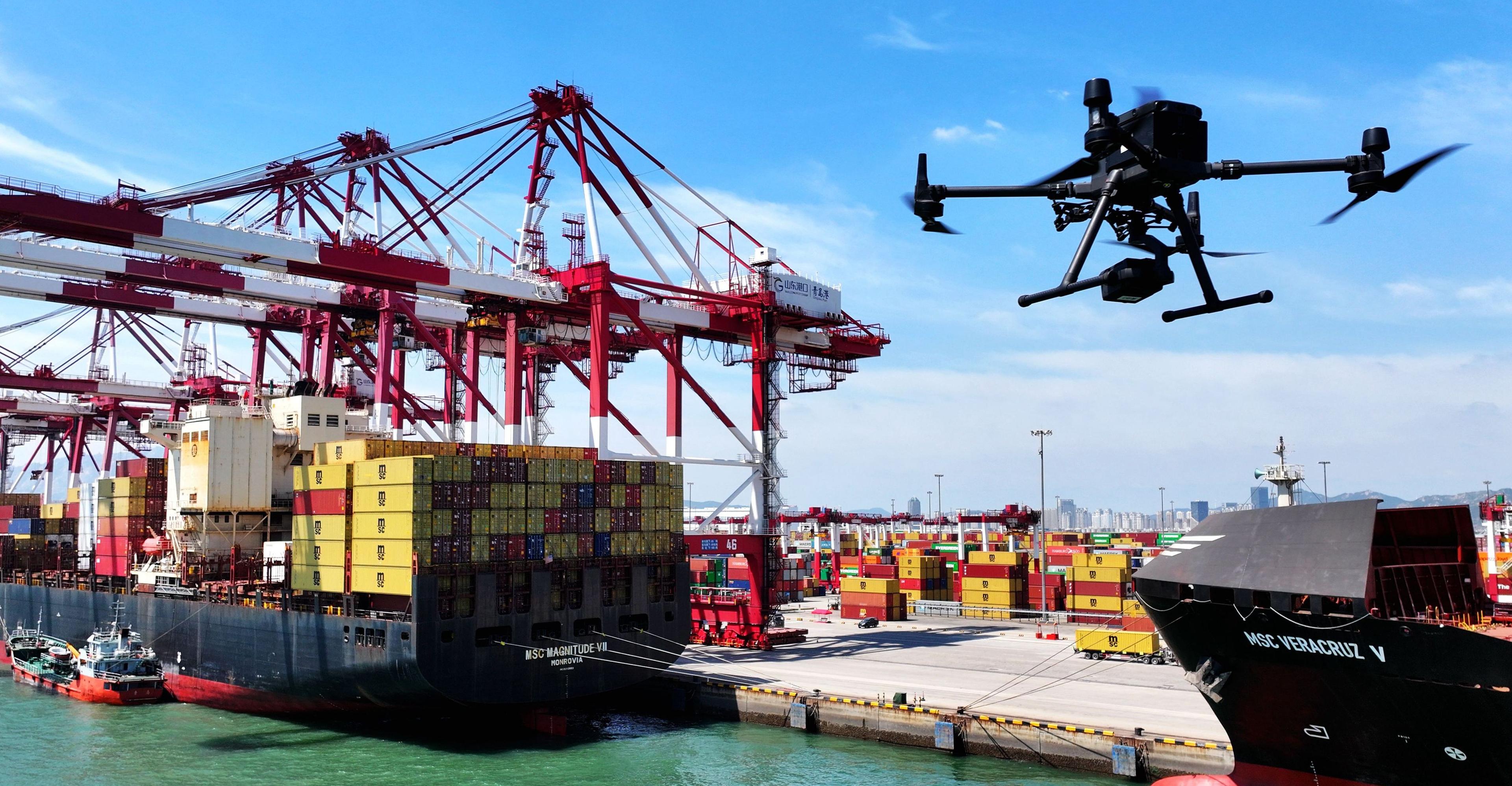The deployment comes as an estimated 100,000 Russian troops line Ukraine’s eastern border with Russia and northern border with Belarus

Washington: The Pentagon will move some of its Europe-based forces further east and deploy additional US-based troops to Europe, as the security situation on Ukraine’s border with Russia continues to deteriorate.
President Joe Biden will send 2,000 troops in the US to Poland and Germany, where they will join other troops, NBC News reported, citing a senior administration official. Another 1,000 who are already in Europe will be moved to Romania, the official added.
“These forces are not going to fight in Ukraine. They are not permanent moves. They respond to current conditions,” the official told NBC News.
The White House didn’t immediately respond to a request for comment from CNBC.
The deployment comes as an estimated 100,000 Russian troops equipped with advanced weaponry line Ukraine’s eastern border with Russia and northern border with Belarus, a Moscow ally.
Last month, the Pentagon placed 8,500 U.S. servicemembers on “heightened alert” to deploy to Europe should NATO activate a response force. The troops represent America’s contribution to the 40,000-strong NATO Response Force, or NRF, whose activation requires approval of all 30 NATO members.
The Pentagon’s top officials warned last week that the aftermath of a Russian invasion of Ukraine would be “horrific.”
“Given the type of forces that are arrayed, the ground maneuver forces, the artillery, the ballistic missiles, the air forces, all of it packaged together. If that was unleashed on Ukraine, it would be significant, very significant, and it would result in a significant amount of casualties,” Chairman of the Joint Chiefs of Staff U.S. Army Gen. Mark Milley told reporters at the Pentagon on Friday.
“It would be horrific,” added Milley.
Milley, the nation’s highest-ranking military officer, said that Russia’s posture along Ukraine’s border was unlike anything he has seen during his four-decade military career.
He said the Russians have deployed air forces, naval forces, special forces, cyber electronic warfare, command and control, logistics engineers and other capabilities along Ukraine’s border.
For months, the U.S. and its Western allies have watched a steady buildup of Kremlin forces along Ukraine’s border with Russia and Belarus. The increased military presence mimics Russian moves ahead of its 2014 illegal annexation of Crimea, a peninsula on the Black Sea, which sparked international uproar and triggered sanctions against Moscow.
The Kremlin has denied that the troop deployment is a prelude to an attack and has instead characterized the movement as a military exercise.
Russian officials have repeatedly called on the U.S. to prevent an eastward expansion of the NATO military alliance.
Russia has also demanded that the U.S. “shall not establish military bases” in the territories of any former Soviet states that are not already members of NATO, or “use their infrastructure for any military activities or develop bilateral military cooperation with them.”
Since 2002, Ukraine has sought entry into NATO, the world’s most powerful military alliance. The group’s Article 5 clause states that an attack on one member country is considered an attack on all of them.
Earlier this week, Russian President Vladimir Putin again accused Western nations of ignoring key Russian security concerns, following the U.S.′ refusal last week to concede to Moscow’s demands over Ukraine and NATO.
Putin said during a press conference on Tuesday that the U.S. wanted to “contain Russia” and that any possible membership of Ukraine in NATO would “undermine Russia’s security.”
Last week, Biden told reporters that a full-scale Russian invasion of Ukraine would radically alter European security. “If he were to move in with all those forces, it’d be the largest invasion since World War II. It would change the world,” Biden said, referring to Putin.
Amid the Kremlin’s deployment, the U.S. and European allies have repeatedly issued threats to impose swift and severe economic consequences if Putin orders an attack on Ukraine.
“He’s [Putin] never seen sanctions like the ones I promised,” Biden said last month when asked about potential U.S. economic measures. The president said “a disaster” awaits Russia should an attack on Ukraine occur, a development that intelligence agencies warned last week could happen within a month.
Meanwhile, the State Department has issued warnings to all U.S. citizens in Ukraine to depart the country immediately, citing unpredictable security conditions. Last month, the State Department ordered eligible family members of personnel at its embassy in Kyiv to leave the country.
SOURCE: CNBC
India’s extremism and the plight of minorities
- 11 hours ago

The US in Venezuela: Latest stories and updates
- an hour ago
Cam Ward's rookie year: A timeline look at the ups, downs for the No. 1 pick
- 2 hours ago

Trump says the US is going to “run” Venezuela. What does that mean?
- an hour ago

Why Trump sent in troops to capture Maduro, briefly explained
- an hour ago
Six killed in roof collapse incident in KP’s Charsadda
- 11 hours ago
NFL draft prospects with a true Round 1 grade: 11 players who are clear first-rounders
- 2 hours ago

You can charge the battery in Belkin’s new Switch 2 power case without opening it
- 3 hours ago

Plaud updates the NotePin with a button
- 3 hours ago
TGL best moments: Boston Common earns first win in team history
- 2 hours ago
Large part of Maduro's security team killed in U.S. action-Venezuela defense minister
- 9 hours ago
Big 12: 11 potential (and probable) tournament teams
- 2 hours ago





